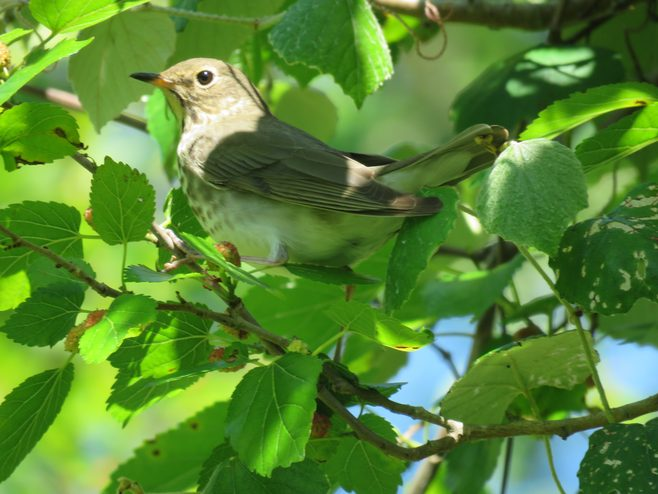Native plant of the month: Red Mulberry: Morus rubra
- Heather Brown
- Feb 1, 2022
- 1 min read
By: Phyllis Giffard
Red Mulberry, Morus rubra
Red Mulberry is a deciduous medium sized tree from 30-50 feet tall. It has a broad, rounded crown and milky sap. The large lobed leaves turn bright yellow in the fall. A red mulberry has downy hairs on the underside of the leaf. This distinguishes the plant from the non-native White mulberry which has smooth leaves. The Acadian French name is “murier” and its fruit is called “mure d’arbre” (Holmes 1990). It is found in upland woods and floodplains and along streambanks in most parishes of Louisiana.
The fruits of the red mulberry emerge from April to June, turning from bright red to dark purple to black. Ripe fruits are sweet and can be used fresh or in baking and jellies and jams. Indians mixed dried fruits with animal fat for pemmican. It is an important food for migrating songbirds along the Gulf Coast. Many species of birds eat the fruit including the Indigo Bunting in the photo. The wood is used for fence posts and in making barrels. Red mulberry is larval host to the Mourning Cloak butterfly (Nymphalis antiopa) and moth caterpillars. We have nice specimens of red mulberries in 3 gallon containers for sale at the greenhouse. These trees were grown from seeds collected in the Louisiana coastal zone and grown by the Barataria Terrebone National Estuary Program (BTNEP) to re-establish coastal ridge plantings. Coastal ridges are repeatedly damaged by hurricanes serving a crucial role in preventing erosion and acting as habitat for wildlife.
From the February 2022 ANPP Newsletter






Comments